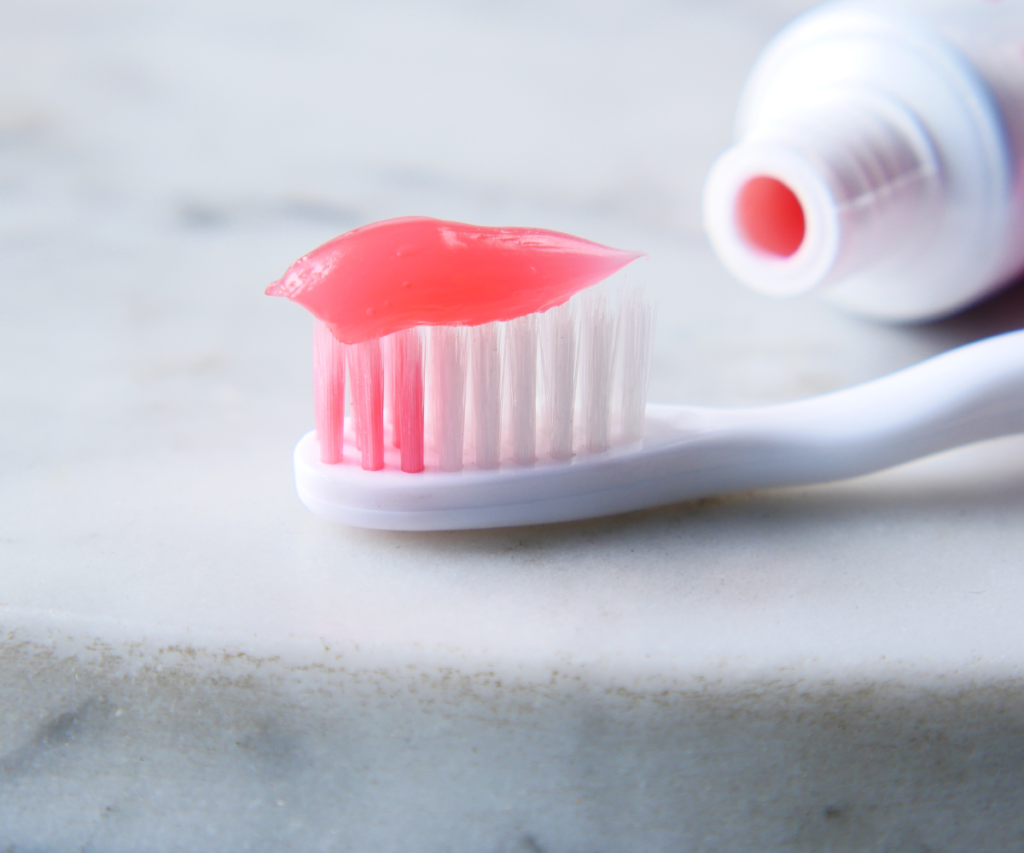Introduction: How Toothbrushing Impacts Heart Health

Oral hygiene is often considered a matter of aesthetics and comfort, but research increasingly shows that bad toothbrushing habits and heart disease may be closely linked. Brushing your teeth twice daily for at least two minutes not only prevents cavities and gum disease but may also reduce the risk of cardiovascular events like heart attacks, heart failure, and stroke.
Poor oral hygiene can cause periodontal disease, a condition marked by gum infection, inflammation, and damage to the teeth-supporting structures. This persistent inflammation may have systemic effects that influence heart health over time.
The Link Between Gum Disease and Heart Health
Studies show that gum inflammation can lead to chronic systemic inflammation. Key points include:
- Inflammation from gum disease may increase plaque buildup in arteries.
- People with untreated gum disease often have higher risks of heart attacks and strokes.
- Toothbrushing and flossing are simple interventions to reduce inflammation and improve heart health.
Toothbrushing Habits and Cardiovascular Risk
A study examining 682 participants found that individuals who brushed less than twice a day or for under two minutes had a three-fold increase in the risk of cardiovascular events compared to those with proper brushing habits.

- Daily oral hygiene may lower the risk of heart attacks, strokes, and heart failure.
- Longer, consistent brushing might further reduce systemic inflammation.
- Oral care can complement other heart disease prevention strategies, such as exercise, diet, and regular medical checkups.
Medications, Oral Health, and Heart Risk
Certain medications, such as those for high blood pressure, may impact oral health:
- Dry mouth from medications can accelerate tooth decay.
- Poor oral hygiene combined with medication side effects may increase cardiovascular risk.
- Dentists can help manage these side effects in collaboration with physicians.
Preventing Heart Disease Through Dental Care
Practical steps to reduce heart risk through oral hygiene include:
- Brushing teeth twice daily for at least two minutes with fluoride toothpaste.
- Flossing daily to remove plaque between teeth.
- Regular dental checkups for early detection of gum disease and other oral problems.
- Managing systemic health conditions such as diabetes and hypertension to reduce oral inflammation.
- Maintaining a healthy diet low in sugars to prevent cavities and gum disease.
The Role of Dentists in Heart Health

Dentists are often the first to notice signs of systemic disease:
- Gum inflammation and bleeding may indicate diabetes or high blood pressure.
- Oral infections may signal immune system issues.
- Dentists can refer patients to medical professionals for further evaluation.
By treating gum disease and educating patients on proper oral hygiene, dentists indirectly help reduce cardiovascular risk.https://www.youtube.com/watch?v=AspsOGF1lL8
Lifestyle and Oral Health Integration
Good oral hygiene is part of a broader approach to wellness:
- Combining proper brushing with healthy eating and physical activity supports cardiovascular health.
- Patients should discuss oral hygiene habits with their healthcare providers to optimize overall prevention strategies.
- Awareness of the link between bad toothbrushing habits and heart disease empowers patients to take proactive steps.
Conclusion: Oral Care as a Key to Heart Health
Maintaining proper oral hygiene is more than a cosmetic concern—it is an essential component of preventive healthcare. Brushing twice daily for at least two minutes, flossing, and regular dental visits may significantly reduce the risk of heart disease, strokes, and other cardiovascular complications.

By understanding the connection between toothbrushing habits and heart health, individuals can adopt simple daily practices that support long-term cardiovascular and overall wellness.




